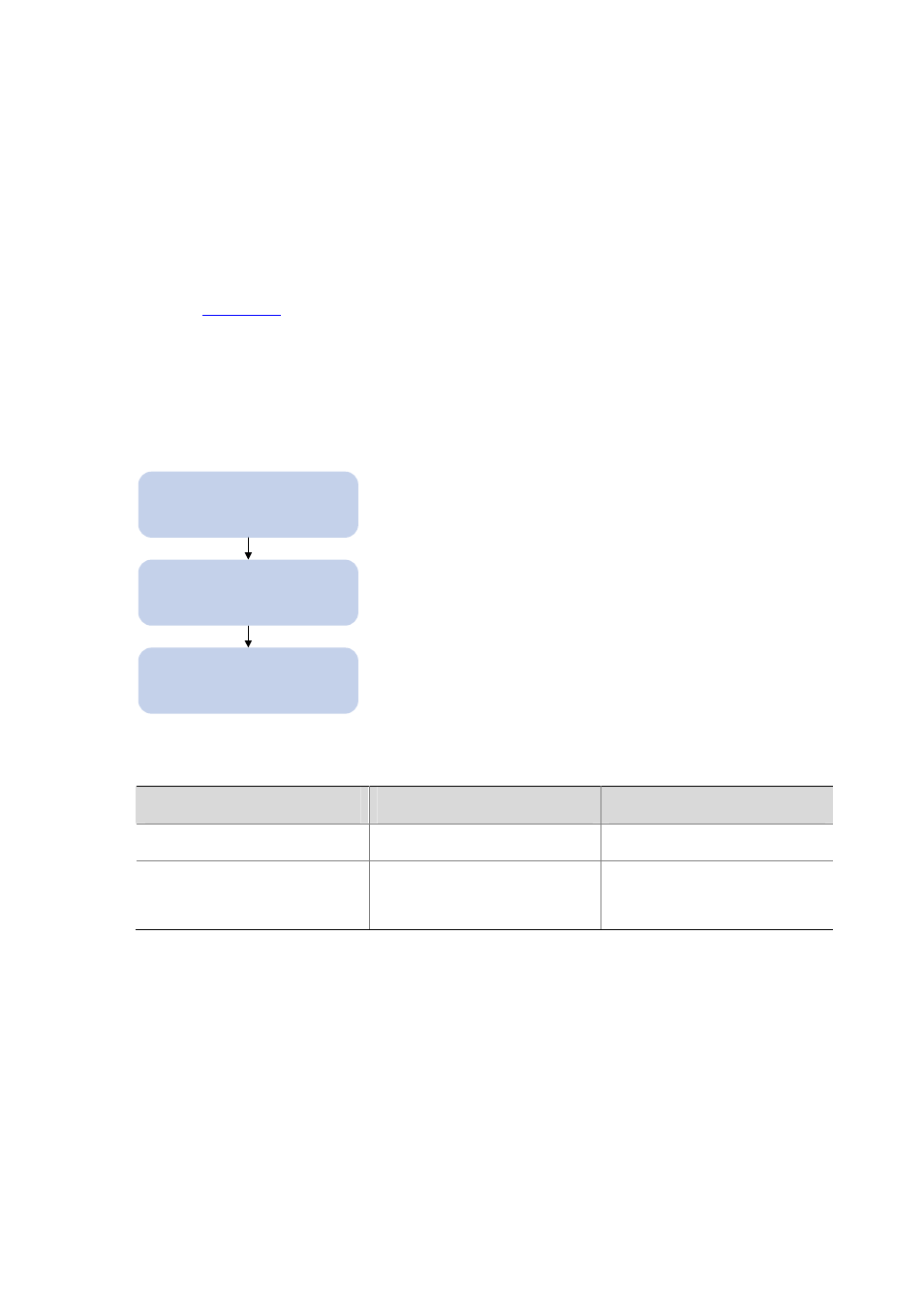H3C Technologies H3C S7500E Series Switches User Manual
Page 136

11-12
outgoing port for a packet and the incoming port for the reply to the packet may reside on different
cards. If this occurs, the outgoing port will never learn the source MAC address in the reply packet, and
all subsequent packets to the same destination will be flooded as unknown unicast packets. To
improve forwarding efficiency, an automatic MAC address table synchronization mechanism must be
used between line cards.
For cards of the same type, synchronization is performed automatically and requires no administrative
interference. For link aggregation across different types of cards, however, you may need to enable
MAC address table synchronization manually depending on their types and operating modes, as
shown in
As shown in the figure, you need to enable MAC address table synchronization for cards in different
areas or different type of cards in the same area. For example, if link aggregation is configured across
an SA card and an SC or an EA card in bridging mode, or SC card and EA card in routing mode, you
need to enable the function manually.
Figure 11-4
MAC synchronization between different types of line cards
SA
A
EA(bridging)
SD/EB(bridging/mix-bridging-routing)
C
SC
EA(routing)
SD/EB(normal/routing)
B
Follow these steps to enable MAC address table synchronization between different types of line cards:
To do…
Use the command…
Remarks
Enter system view
system-view
—
Enable MAC address table
synchronization
synchronization mac-address
enable
Required
Disabled by default
